The third edition of Sportsnet Group’s Brand & Sport Summit attracted an audience of 1,500 to the VW Arena, Istanbul with more than 20 hours of content broadcast live on TV and streamed over digital platforms. Here we look at the contributions of some of the keynote speakers.
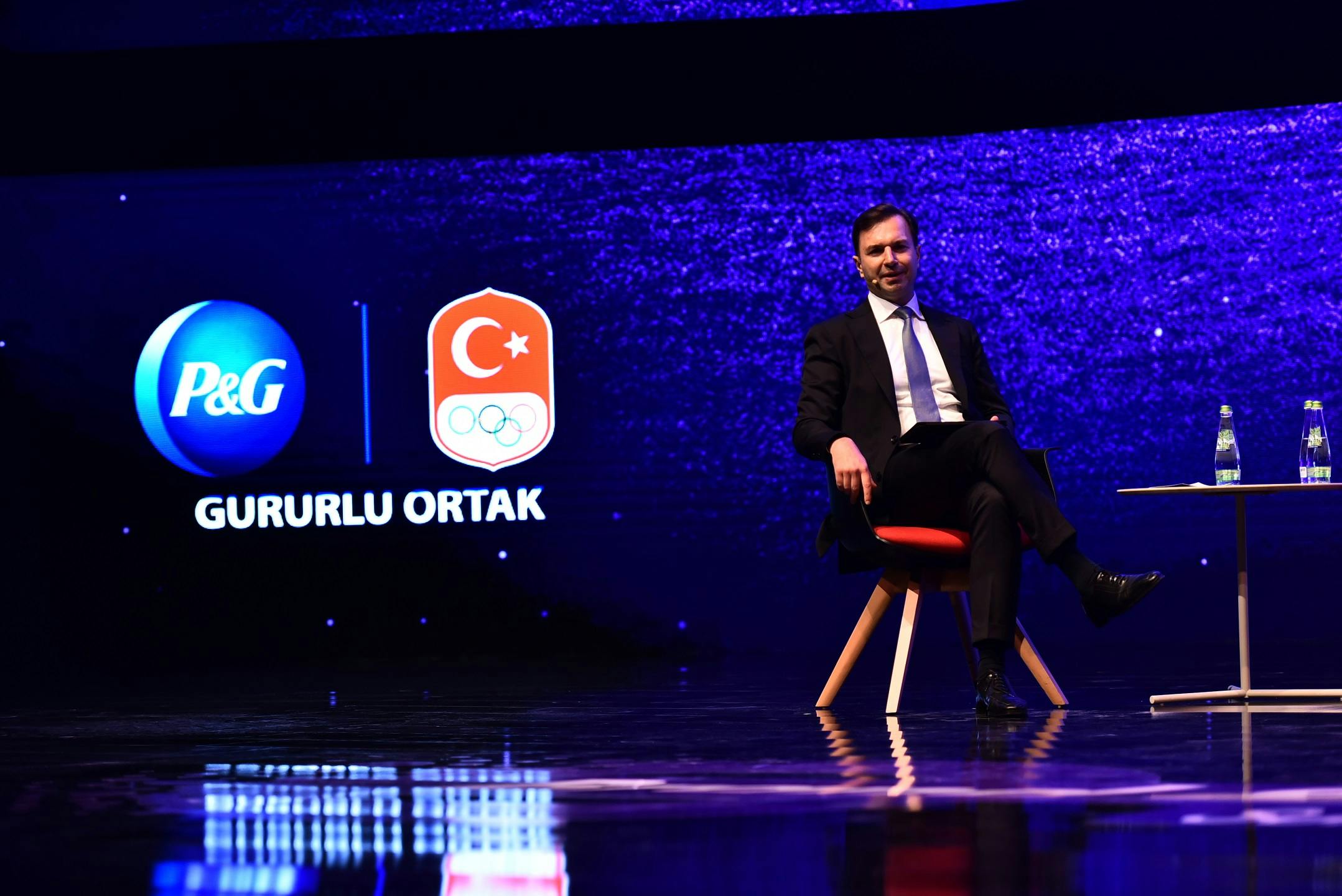
Tankut Turnaoğlu, chairman and general manager of Proctor & Gamble for Turkey, Caucasus and the Middle East
Joined on stage by the Turkey women’s volleyball national team manager Pelin Celik, national volleyball player Islam Özçelik and the former coach of the women’s volleyball national team Reşat Yazıcıoğulları, Tankut Turnaoğlu and panelists discussed the ways that Procter & Gamble’s sponsorships positively impact on individuals and communities as well as the brands themselves.
He said that the 25th anniversary of P&G’s Orkid sanitary product – which coincided with the 25th anniversary of ‘women’s freedom in Turkey’ – was successfully celebrated through the company’s alliance with the women’s national volleyball team and its ‘Sultans of the Newts’ campaign.
“The combination of agencies and brands, as well as a great creative idea built around ‘the freedom of women’ brought us this success. We understand the power of an idea comes from its continuity. I think the most important message we can give is to believe in the idea and support it through investment in communication,” he said.
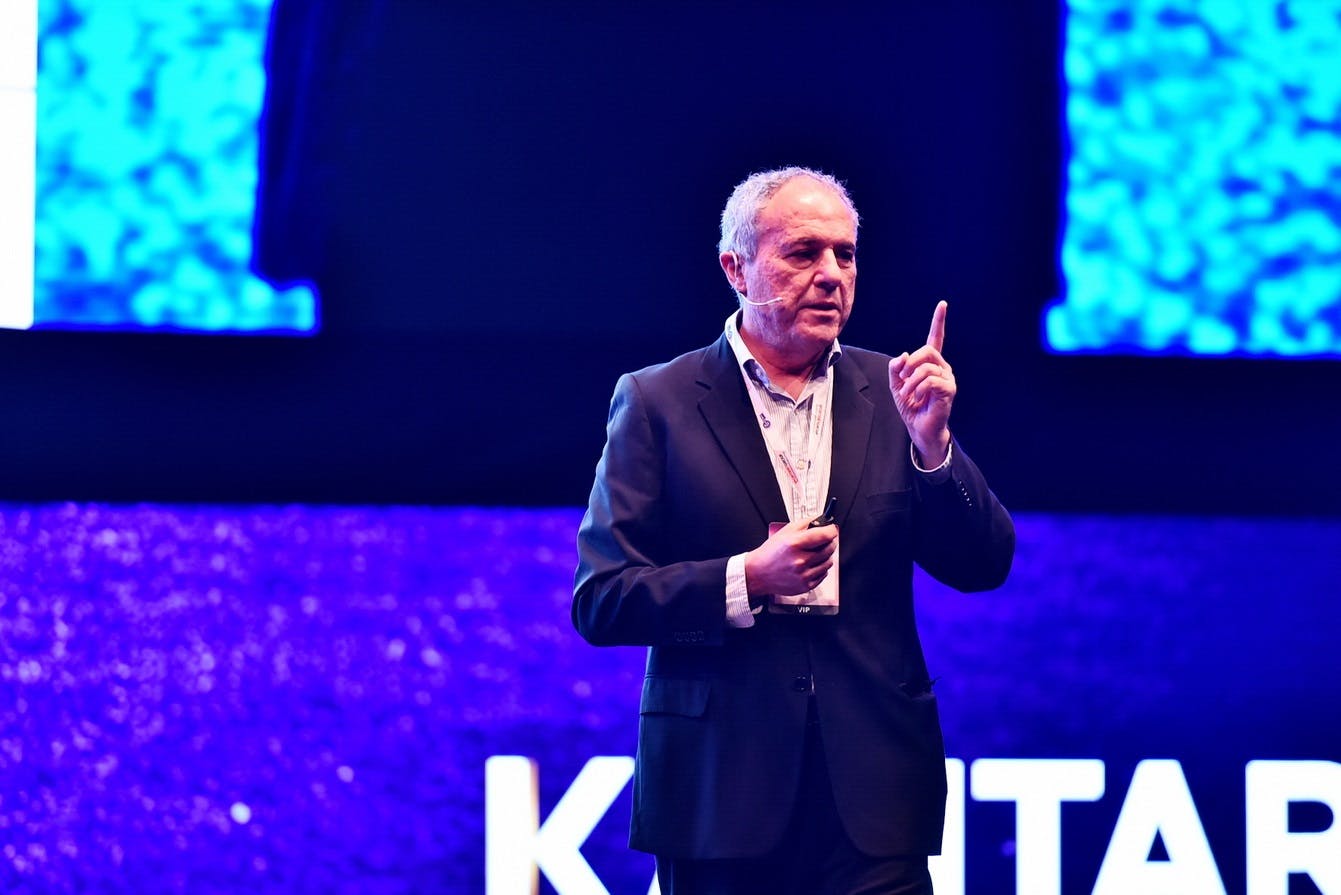
José Colagrossi, chief operating officer, Kantar Sports
The digital revolution that has impacted on so many areas of personal life is demanding a change to the established ways of researching and evaluating sports sponsorships, explained José Colagrossi.
He told the audience that this is the era of digital passion and understanding the data around the interaction with supporters/fans is critical.
He explained that, as in other areas of marketing, seeing fans simply as recipients of marketing messages is missing the point. The key is to understand their response and reaction in order to better understand the impact of digital sponsorship.
The most important buzzwords of the new era, he said, are: Interactive, on-demand, real-time, multi-screen, decentralised, global and virtual.
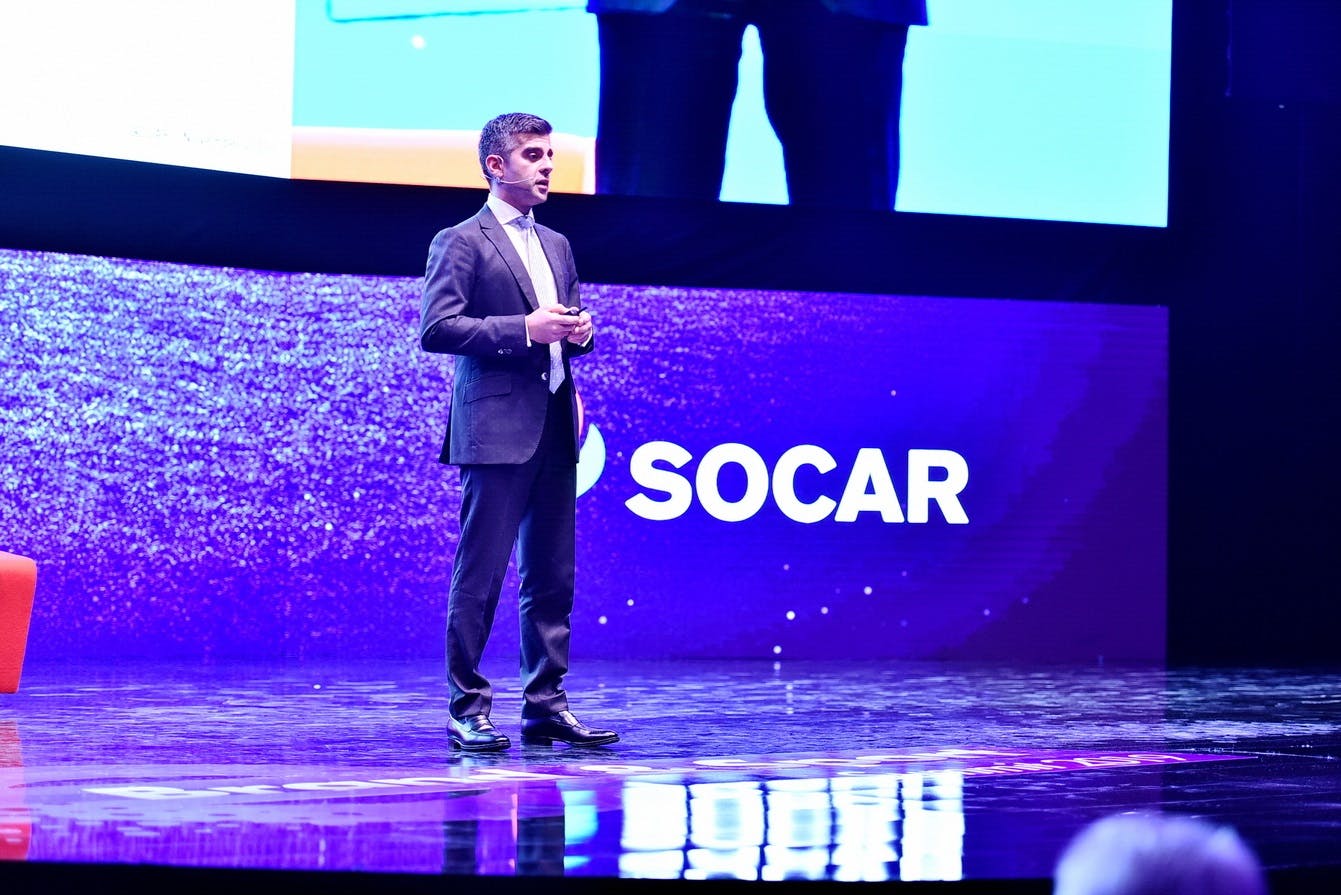
Nazım Aliyev, managing director for international sponsorships, SOCAR
SOCAR, the state oil company of Azerbaijan, is the biggest investor in Turkey and uses sponsorships to build awareness in Turkey and across Europe.
Nazim Aliyev explained his sponsorship philosophy: “A sponsorship expresses only a financial partnership. That is why I prefer to describe SOCAR as the business partner of the organisations that we support.”
According to Aliyev, SOCAR makes investments in business and culture wherever it operates and highlighted three key elements of a successful partnership:
- Make regional investments
- Ensure a good deal and exclusive rights to distinguish you from other sponsors
- Activate and implement your sponsorship within your target audience’s communities.
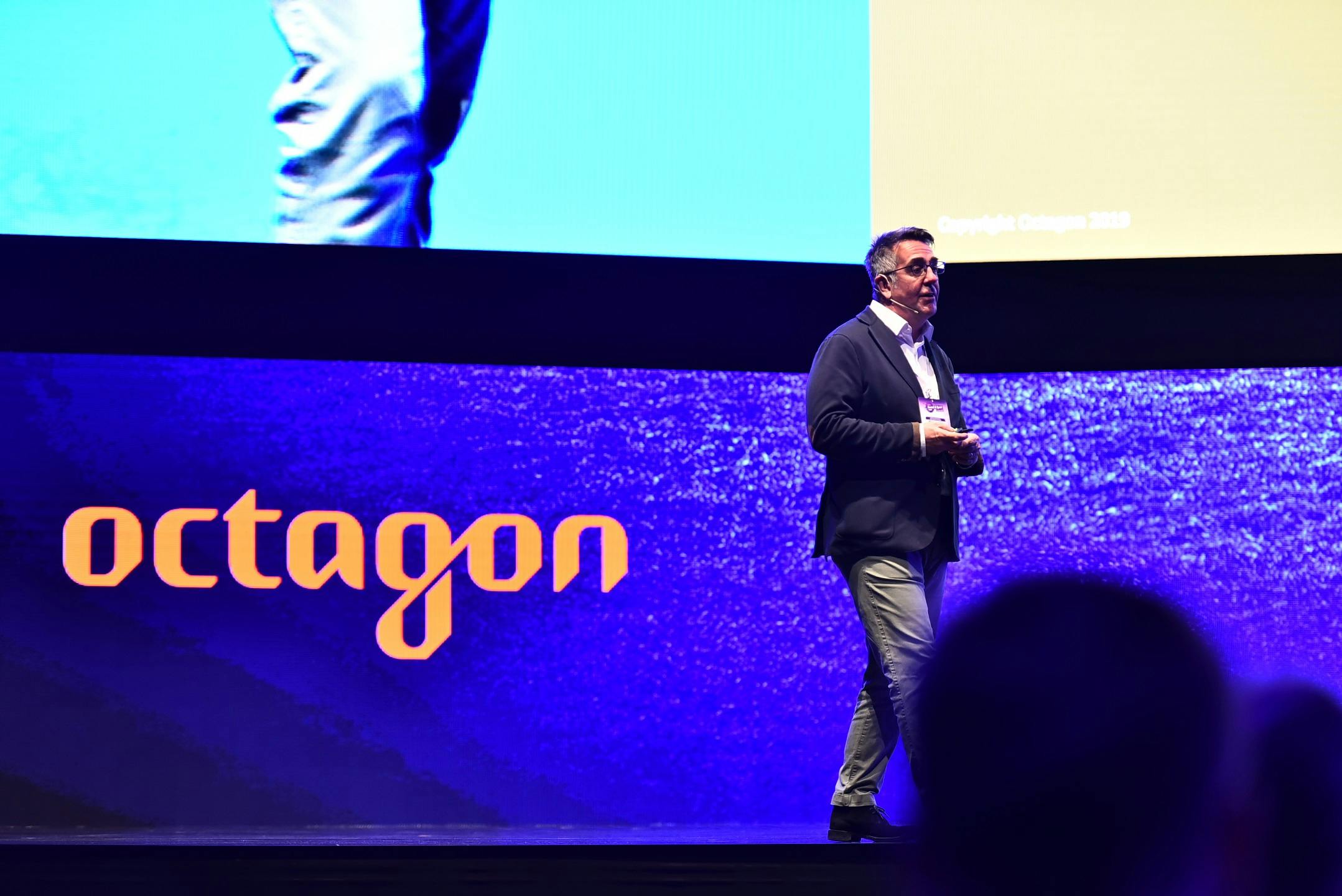
Phil Carling, managing director, football, Octagon Worldwide
With the Uefa Champions League final to be hosted in Istanbul in May, Octagon’s Phil Carling delivered a fascinating perspective on the development of the competition and its relationship with its sponsors.
And Carling, who has worked at the highest levels in the football industry for many years, reminded the audience of the importance of the game to the global sports economy, with 70 cents in every dollar spent on sports marketing going to football. It is one of the most important figures in the international football industry.
Describing the growth and development of the Champions League, he explained how the final had been transformed from a single event to become the centerpiece of a festival of football – something Istanbul will experience firsthand later in the year.
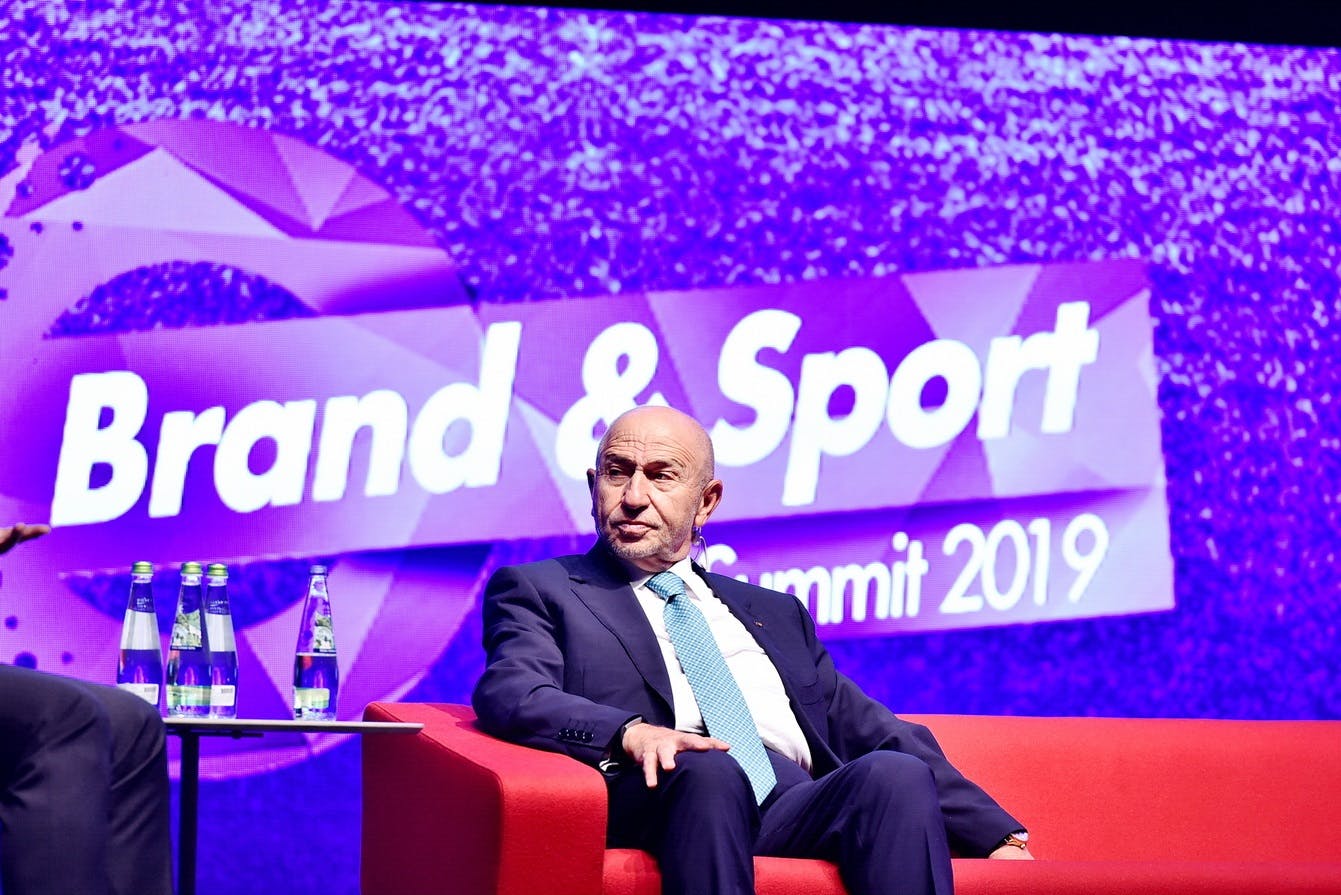
Nihat Özdemir, president, Turkish Football Federation
Speaking just before Turkey secured a place in the finals of Uefa Euro 2020 with a home draw against Iceland, Turkish federation president Nihat Özdemir gave a frank and illuminating interview in which he called for the country to get behind the national team.
His enthusiasm and expectations for a bright future are based on the combination of experienced, established talent in Turkish football along with the emergence of a new generation of exciting players. But, he explained, there were important issues for the federation to deal with, including the balance of overseas and domestic players in the top Turkish league and issues around the implementation of Video Assistant Referees.
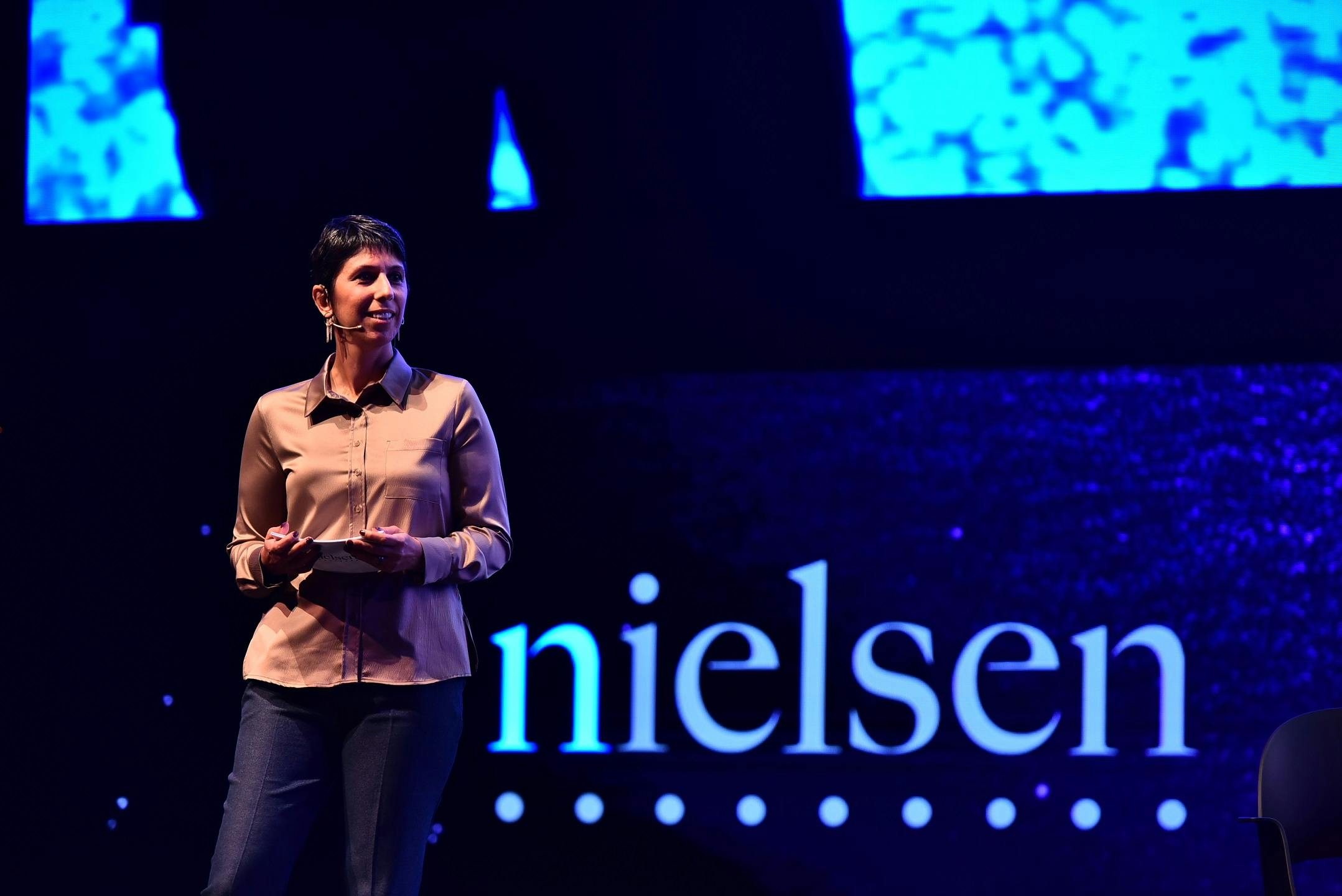
Nur Serenli, consumer insights leader and Özde Özdemir Doncev, sports & entertainment business development manager, Nielsen
Nur Serenli and Özde Özdemir Doncev delivered and contextualised wide-ranging Nielsen research into the relationship between sports and consumers in Turkey.
They concluded that brands that run effective communications programmes to support their investment in sponsorship are winning not only in terms of building awareness by driving preference and loyalty, but that the keys to effective communication are simplicity and clarity, focusing on joy/entertainment, emotional impact and social benefit.
In conclusion they delivered three key points for brands to consider:
- The key principles in sponsorship communication are simplicity, entertainment, emotional impact and social benefit
- Sports bodies that can understand the marketing strategies of the brands and can meet these needs are winning
- Brands are succeeding when they evaluate public opinion when making sponsorship investments.